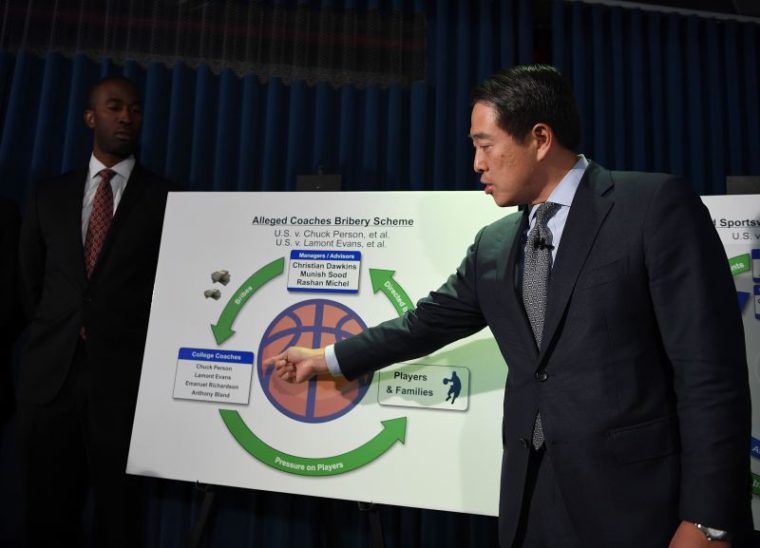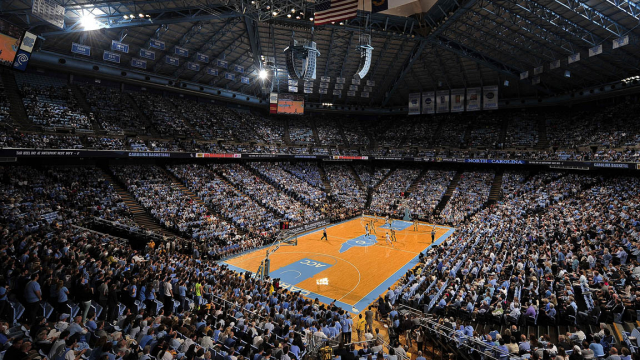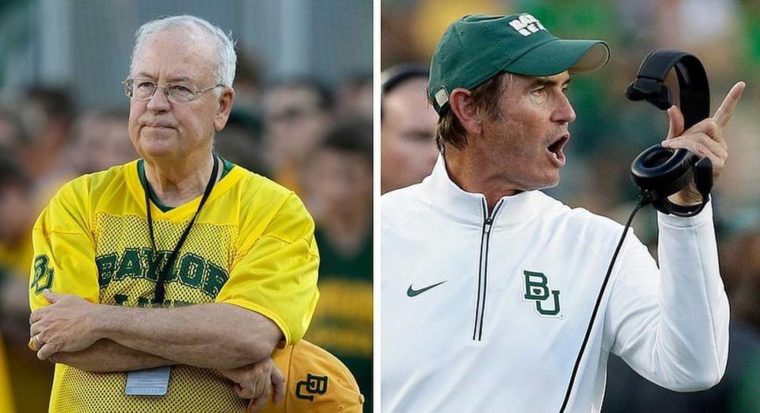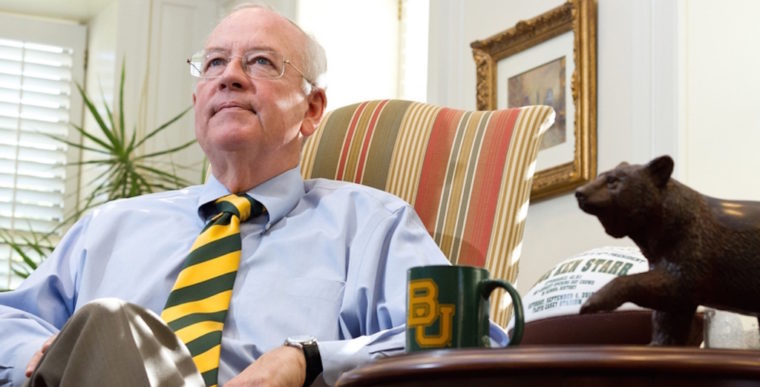As I discussed a few months ago, I’m currently conducting a study with my research assistant on the causes of why college presidents are fired or forced to resign. There was tremendous press around this issue particularly with Holden Thorp leaving UNC following the academic and athletic crisis there. This past weekend, Barry Jacobs, a sports columnist for the Charlotte Observer and the Raleigh News and Observer wrote a thoughtful column that I want to repost and share here. Jacobs references our study about the causes for presidential involuntary turnover. I thought his take and the comparison between Holden Thorp and Paul Hardin was particularly salient. The athletics pressures on college presidents aren’t new and remain a significant problem for many universities.
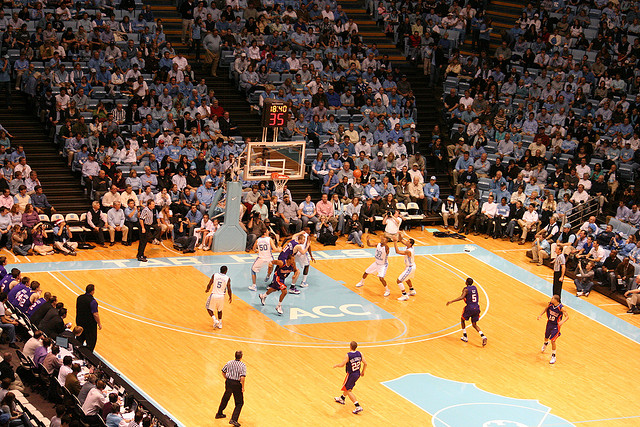
Photo credit: rudresh_calls
Athletics a Pressure Point for University Leaders
By Barry Jacobs
There’s no surefire way to prepare, no tutorial or textbook laying out the pitfalls and pressure points. University presidents and chancellors, the NCAA’s putative leaders, reportedly don’t even like to discuss athletics among themselves. Most will survive averting their gaze – “involuntary transitions” due to athletics scandal are surprisingly uncommon, according to a yet-to-be-published working paper on turnover among university presidents.
“The struggles with athletics may be the most prominent, but I don’t know that it’s the most threatening to a presidency, by and large,” says Michael Harris, the Southern Methodist University professor who co-authored the study. Firings and resignations, particularly at public universities, are more likely due to “loss of board confidence” and “financial improprieties.”
